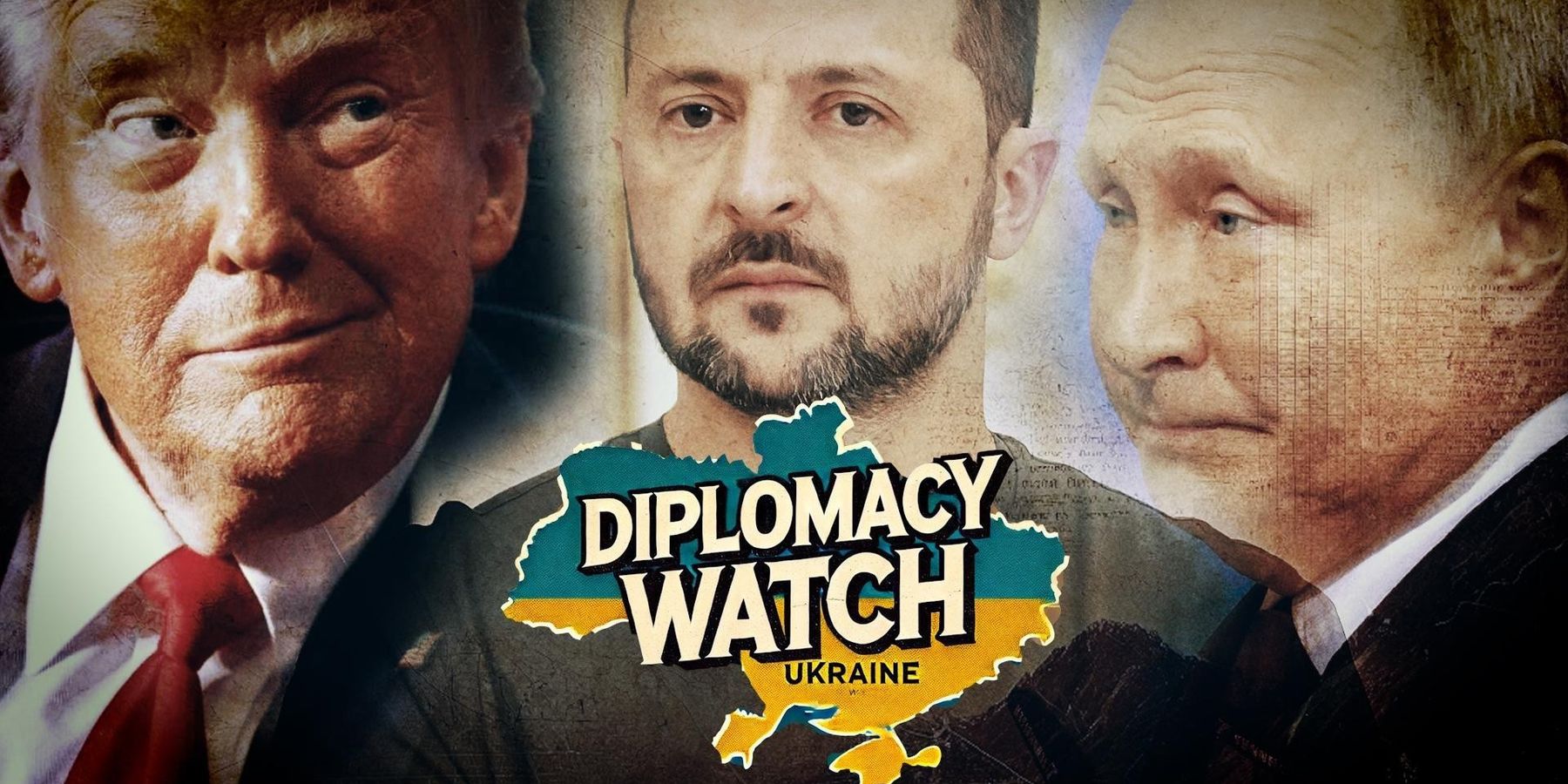Russia took 42.5 square miles of Ukraine’s Donetsk region on Tuesday, making its biggest advance in Ukraine since May 2024. Indeed, Russia took territory in one day that it normally would have taken in five or six days’ time.
That advance follows a cascade of battlefield wins for Moscow, where Russia has chipped away at Ukrainian territory over the summer, especially in Ukraine’s Donetsk region.
These ground gains could prove critical to the success — or failure — of upcoming diplomatic talks, perhaps especially in Alaska on Friday, where Russian President Vladimir Putin and U.S. President Donald Trump will meet in person for the first time since before the war.
Mark Episkopos, research fellow in the Quincy Institute's Eurasia Program, told RS that Russia and Ukraine have both “been jockeying for maximally beneficial battlefield positions” and that Russia’s advantage here could very well steer the talks’ direction.
In particular, Russia’s ongoing advance toward the strategic city of Pokrovsk in Ukraine’s Donetsk region is a possible flashpoint that could force some kind of deal.
“If Russia can capture Pokrovsk in the course of the next few days or weeks, then it could be that the Ukrainians will decide that things [are] going so much against them that it makes sense to withdraw from the rest of the Donbas and make a deal,” Anatol Lieven, director of the Eurasia Program at the Quincy Institute for Responsible Statecraft, told Al Jazeera on Wednesday.
Ukraine “will not, however, under any circumstances, withdraw from the rest of the other two provinces that Russia has claimed,” Lieven said, referring to Ukraine’s Kherson and Zaporizhia provinces. Russia said it annexed these provinces, along with Ukraine’s Donetsk and Luhansk regions, back in September 2022, though it does not fully control them; Ukraine, Western countries, and the U.N. said these annexations were illegal.
Territorial matters aside, Ukraine’s weak battlefield position showcases the stakes of Friday’s Alaska talks.
Russia’s battlefield wins are “suggestive of deeper underlying weaknesses in the composition of Ukraine's force posture in the East, where we are beginning to see signs of a potential collapse of lines that are buckling under incessant Russian artillery and drone pressure and also Russian advances,” Episkopos stressed. “This is having a cumulative effect over time, to where Ukraine is gradually — but then at some point, suddenly — going to be unable to continue manning the front lines in the East.”
“That is the dynamic of where this war is headed, unless it's brought to an end, which is why it's so important on Friday to get to at least a roadmap for agreeing a ceasefire, as part of a larger framework deal for ending this war.”
In other Ukraine war news this week:
The Guardian reported Wednesday that Germany will put $500 million toward arms purchased from the U.S., for Ukraine, as per a larger, Trump-proposed scheme to have NATO buy American weapons for the war-effort. Other European countries have made the same commitment, where The Netherlands has put $500 million toward this scheme, and Norway, Denmark and Sweden together have committed another $500 million.
Speaking at the Kennedy Center Wednesday, Trump said that if the meeting in Alaska between him and Putin goes well Friday, there could be a follow-up meeting between him, Zelensky, and Putin all together.
"There's a very good chance that we're going to have a second meeting, which will be more productive than the first, because the first is I'm going to find out where we are and what we're doing again,” Trump said. “Now there may be no second meeting, because if I feel that it's not appropriate to have it, because I didn't get the answers that we have to have, then we're not going to have a second meeting."
Trump said Wednesday Russia would face “severe consequences” if talks were unsuccessful, but would not explain what those consequences would be.
The Germany-based Kiel Institute for the World Economy found this week that European military industrial output for Ukraine has now surpassed the U.S. The institute reported that Europe has put $41.1 billion in military aid via defense procurement toward Ukraine from February 2022 through June 2025, spending $5.15 billion more than the U.S. in the same period.
From State Department Press Briefing August 12:
At the State Department press briefing Tuesday, spokesperson Tammy Bruce stressed that the upcoming Alaska talks were Russian President Vladimir Putin’s idea. “Both sides confirmed their commitment to a successful event. I can also tell you that it was President Putin who called to make this arrangement,” she said.
Bruce also endorsed White House spokesperson Karoline Leavitt’s description of Trump’s expectations for the talks in Alaska, where Leavitt had described them as a “listening exercise.”
“And I think…that’s important to know that the President is viewing this, as [Leavitt] described, as something that was fact-finding in a way to see exactly what was possible…We know at this point, he said that this is really a feel-out meeting.”

















